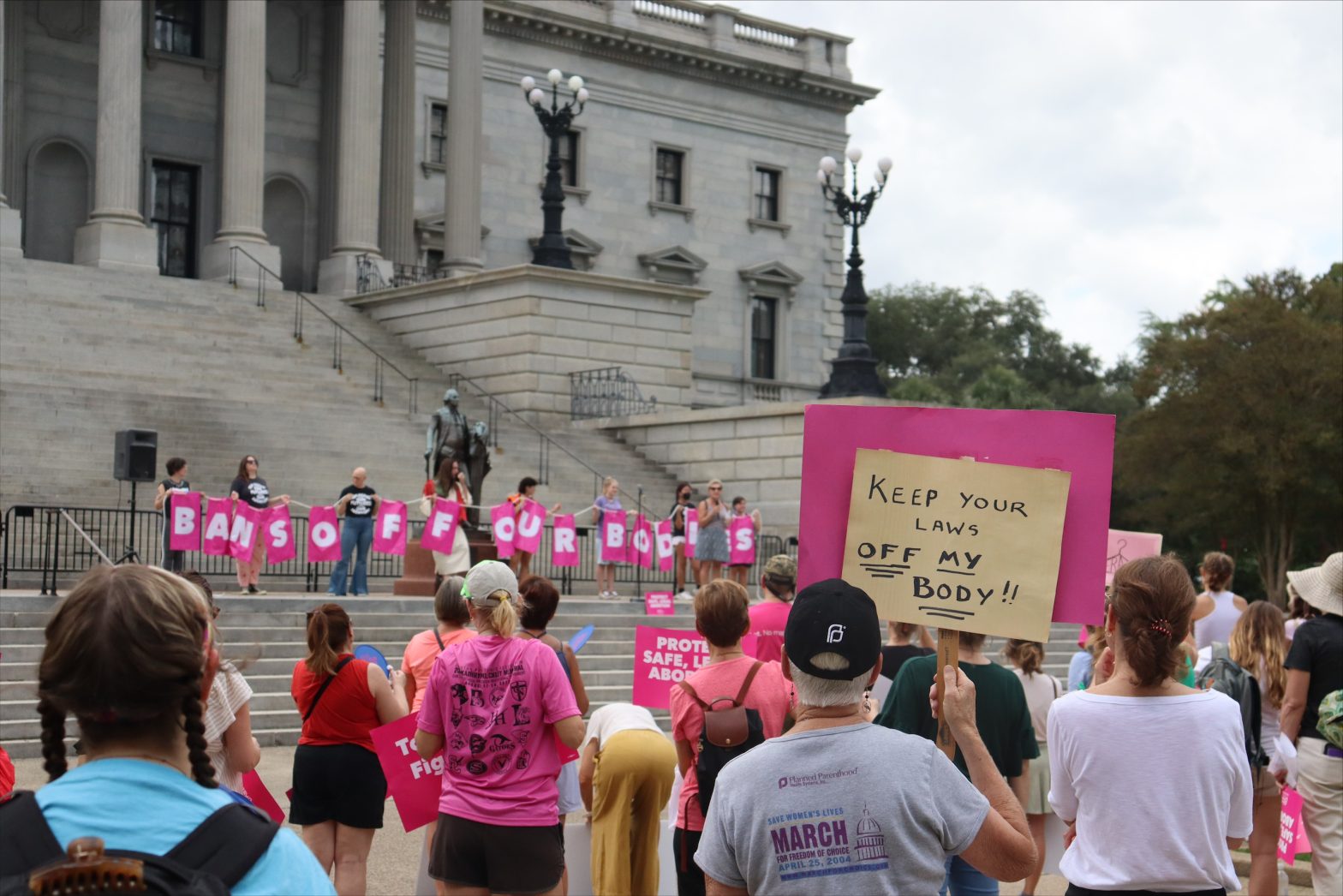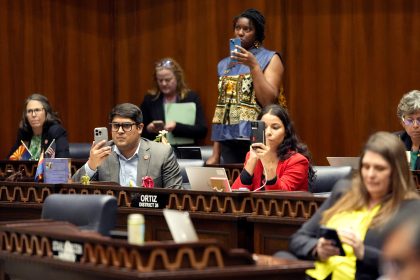Rape, Incest Exceptions Spark South Carolina GOP Abortion Fight

COLUMBIA, S.C. (AP) — South Carolina’s looming Senate debate Wednesday on an abortion ban that would no longer include exceptions for pregnancies caused by rape and incest is likely to leave Republicans facing off with each other.
On the one side are a core group that views any abortion as ending a life. On the other are conservatives who’ve digested developments elsewhere after Roe v. Wade was overturned and say they don’t want 14-year-old rape victims to have to give birth or force a mother to carry to term a fetus unable to live outside the womb.
Debate on the Senate floor is set to start Wednesday morning. Senators have been told the proceedings could last days, although they have recently tried to conclude such debates in marathon one-day sessions.
Democrats on the Senate Medical Affairs Committee helped set up the showdown Tuesday, refusing to vote as the more conservative Republicans removed the exceptions for rape and incest from a bill that passed the House last week. And if the Senate approves the ban, it would return to the House.
Democrats are not going to help Republicans out of a box of their own making by making “an awful bill a very bad bill,” Senate Minority Leader Brad Hutto said.
The same bill without the exceptions appeared to fail in the more conservative state House last week before some Republicans maneuvered through a series of votes to allow abortions for rape and incest victims up to the 12th week of pregnancy.
The final vote in Tuesday’s committee meeting could foreshadow the closeness of any vote in the full Senate. The Medical Affairs Committee vote 9-8 with two Republicans joining all Democrats.
Democrats also refused to vote on other proposals by Republican Sen. Tom Davis, who has said for weeks that the bill needs to be modified from a total ban before he can support it.
They included assuring that a doctor can perform the abortion if it is determined a fetus has a medical condition that won’t allow it to live as well as increasing access to contraceptives and including birth control as part of the state’s abstinence-based sex education.
Those ideas could be taken up on the Senate floor along with a reconsideration of the rape and incest exceptions.
In a likely preview of the fight on the Senate floor, Davis clashed in the committee meeting with fellow Republican Sen. Richard Cash, whose main focus during his five years in the Senate has been on ending all abortions.
“If you are over the age of 13, we kind of expect you to have sex. We’re going to provide you with all the contraceptives’ you are going to need,” Cash said of Davis’ proposal to make birth control available with parental consent. “It borders on encouraging immorality.”
Davis has said for weeks that if the state is going to ban nearly all abortions it needs to make sure that mothers receive adequate prenatal care and the additional babies born get education and child care help.
”You have a different view of the role of the state in society,” Davis responded to Cash. “I don’t look to the state to dictate what my morals are.”
There are 30 Republicans and 16 Democrats in the state Senate.
The bill would ban all abortions in South Carolina except when the mother’s life is at risk. Before they were removed, the bill also included exceptions for pregnancies caused by rape and incest. In those cases, the doctor would have to tell the woman the rape will be reported and her name given to the county sheriff within 24 hours of the procedure. The bill would have only allowed abortions in those cases up to 12 weeks after conception.
South Carolina currently has a ban on abortions once cardiac activity in a fetus is detected, which is usually about six weeks. But that law has been suspended as the South Carolina Supreme Court reviews whether it violates the state’s constitutional right to privacy. That leaves South Carolina’s older 20-week abortion ban as the current benchmark.

























